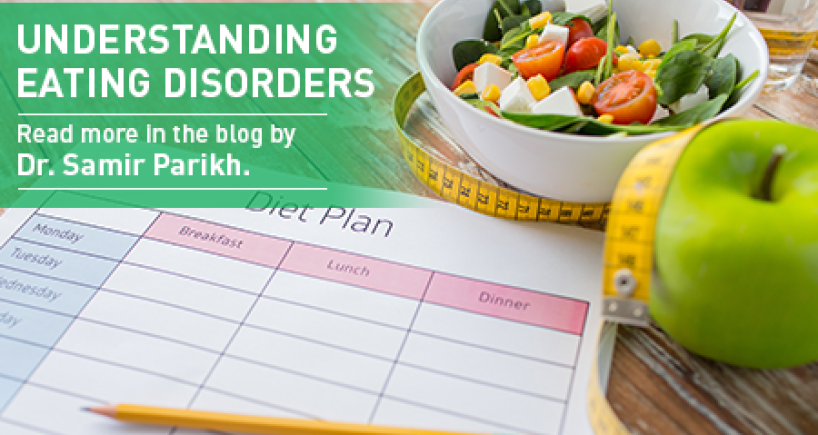
Eating Disorders: Youth And The Struggle With Body Image

“How do I look?”
“Am I not hot?!?”
“If I lose a little more weight on my thighs I would look fabulous!”
“I think I really need to exercise.”
“Have you seen her? She looks so good… I wish I could be just like her.”
So many such similar thoughts and statements get communicated frequently by young teens sometimes to their friends, at other times to their siblings or parents and often to their own selves. Is this worrying you ask me? And my answer is yes. It is worrying to see so many young individuals who have so many more important things to look at and questions to answer be so preoccupied with how they look and what they weigh.
The Reasons for Such Preoccupations
It is very difficult to point one’s finger at a singular aspect, claiming it to be the sole reason that adolescents, be it boys or girls find themselves oftentimes swirling in the confines of such preoccupations. What is more important to realize and recognize is that adolescents besides having a strong desire to be independent also have a strong need to be one amongst the group of people who surround them. This essentially means that they are easily swayed and can be influenced by those around them.
Peers at this age and stage of life have the maximum importance and if they are talking about something or being some way then the need to be similar can override. At the same time, besides peers being significant sources of influence, what they see in the media holds grave importance. Typically the youth has celebrities as their source of inspiration and those that they look towards to derive their own sense of how they should be and do things. So what is prevalent in the media has a significant influence.
What Can be Done?
If it is not a single thing which precipitates this need to look and be a certain way then it becomes more worrisome as well since it means that when something needs to be done it has to be done at multiple levels. One of the more challenging aspects of such a preoccupation is the strong association it finds with the individual's own thought process. For many adolescents, this becomes a part of their thinking and something which becomes a rather rigid part of who they are which makes it difficult to alter it.
But this does not mean that it cannot be changed. It just means that a little more effort may need to be exerted. So let’s look at what all can be done.
1. Prevention is always the best step forward. It is important to try and ward off getting oneself into a situation where the preoccupation with body image and looks becomes a primary aspect.
2. It is essential to keep in mind that each individual has numerous qualities and aspects to their personality and self. Focusing singularly on one aspect at the expense of all others is bound to create problems.
3. Understand that everything that you see across various forms of media may not really be true. As a result, it is important to use your own prudence and judgment to understand why is that certain types of products or images are being promoted across media.
4. Remember your peers are just like you. They can be influenced easily as well. As a result, it is not necessary that what they are telling you to do or how they are saying you need to be is true or hold enough water.
5. Always remember that you are great as who you are and do not allow you owns self or anyone else to pull you down.
6. Being assertive goes a long way in life to ensure that you are able to achieve the things you want to and are a happy person. However, this process starts when you are much younger so learning to be assertive now is important so you can be a confident individual.
Categories
Clear allMeet the doctor

- Mental Health and Behavioural Sciences | Mental Health and Behavioural Sciences | Psychiatry | Clinical Psychology
-
21 Years
-
900



















